Financial firms fuel AI research and are spearheading innovation in regulated sectors. Major banks — including JPMorgan Chase, Capital One, RBC, Wells Fargo and TD — are deploying advanced AI systems in high-stakes environments, according to a new Evident Insights analysis.
The acceleration of AI research in banking
Global financial institutions have intensified investment in AI, particularly focusing on narrow, application‑oriented domains. From 2019 to 2024, the number of AI research outputs among the top banks increased sevenfold, exceeding 750 published works in 2024. The emphasis has shifted away from broad topics like computer vision or biomedical AI toward agentic AI solutions.
As Evident Insights notes, banks are not publishing for visibility alone: they are deliberately creating the infrastructure for “smarter trading agents, faster deployment, and AI‑driven financial services.” This trend underscores that financial firms fuel AI research not for theory, but to translate models into operational systems.
Strategic investment in talent, infrastructure and governance
To overcome regulatory, accuracy and deployment challenges in the heavily controlled banking sector, institutions have aggressively hired AI engineers, platform developers, model governance specialists, and project leads. Firms like JPMorgan Chase, Wells Fargo and Citi led recruitment pushes earlier this year, adding roles across AI model development and operations.
Alongside human capital, banks have boosted capital expenditures in cloud platforms, cybersecurity frameworks and data infrastructure. A 2025 Broadridge survey of more than 500 banking tech leaders confirmed increased spending across these areas — essential foundations for generative AI adoption.
From research to real‑world deployment
Banks are translating research into use cases such as coding assistants, knowledge management systems, and customer support chatbots. Evident Insights found that five institutions accounted for two‑thirds of the sector’s AI research in 2024:
- JPMorgan Chase: ~37 %
- Capital One: ~14 %
- Wells Fargo & Royal Bank of Canada (RBC): ~5 % each
- TD Bank: ~4 %
At the same time, the number of AI use cases launched by tracked banks doubled in the first half of 2025 relative to late 2024.
For example:
- Citi integrated agentic tools into its internal “Citi Stylus Workspaces,” backed by Anthropic’s Claude and Google Gemini.
- RBC’s Borealis unit developed a financial‑services foundation model named Atom, expected to deliver over USD 700 million in value by 2027.
- FICO introduced models to enhance transparency, reliability and governance, responding to broader trust issues in AI.
What this means for regulated industries
By focusing research on regulated settings, banks like JPMorgan Chase, Capital One, RBC, Wells Fargo and TD are defining how AI will operate in high‑risk fields. Their approach stands in marked contrast to tech firms’ closed R&D models. These banks are compressing the cycle from research to production into just two to three years — a pace that would be remarkable even in academia.
In essence, financial firms fuel AI research not just to innovate but to deploy — building architectures, policies and processes that can power compliance, risk management and real‑world financial tasks in tandem.


